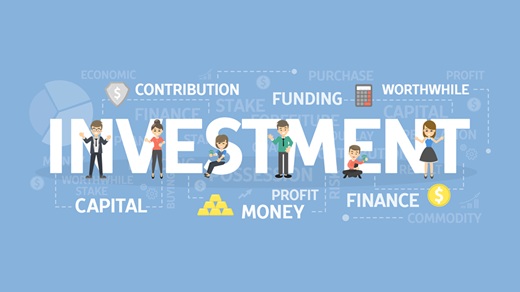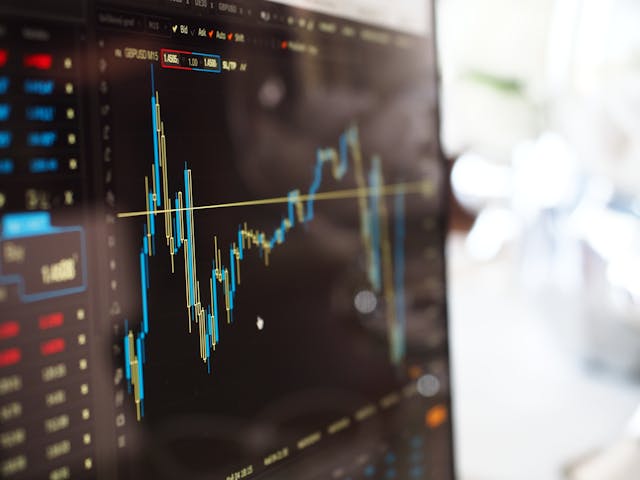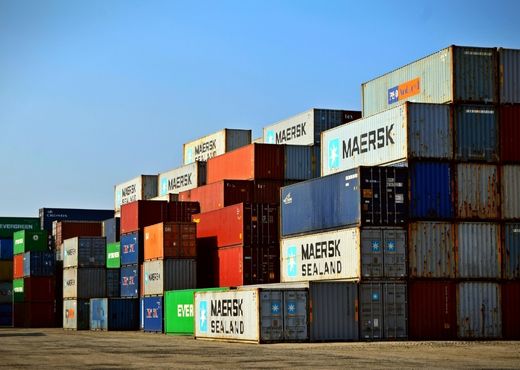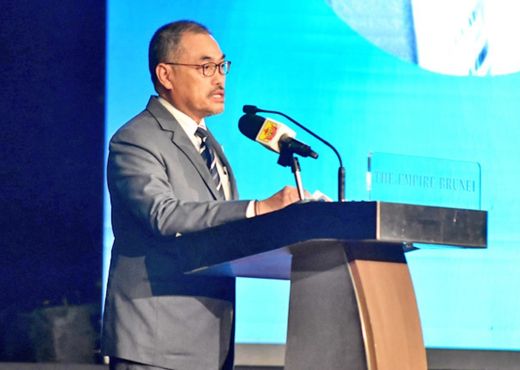SINGAPORE – Singapore and Malaysia will deepen collaboration and continue talks on longstanding issues, with the leaders of both countries emphasising moving forward with a “constructive spirit”, mutual respect and goodwill.
The two countries have inked an additional deal on the Johor Bahru-Singapore Rapid Transit System (RTS) Link and will strengthen cooperation in their fight against the trafficking of illicit drugs.
They will also work together more on healthcare under agreements exchanged on Dec 4.
Prime Minister Lawrence Wong and his Malaysian counterpart Anwar Ibrahim witnessed the exchange during the 12th Singapore-Malaysia Leaders’ Retreat held at The Ritz-Carlton, Millenia Singapore hotel.
At a press conference following the exchange, both leaders laid out their positions on three outstanding bilateral issues: water, airspace and maritime boundaries.
PM Wong said officials on both sides have had several rounds of discussions and have a better understanding of each other’s position, but will still need time to resolve the matters.
“All of these outstanding bilateral issues are complex issues. There are differences in views, and they are not easy to resolve, but as good neighbours, we will continue engaging in good faith,” he said.
In a joint statement later on Dec 4, both prime ministers said they aspire to resolve outstanding bilateral issues through an amicable and constructive approach, in a spirit of mutual respect and in accordance with the principles of international law.
They encouraged continued discussions on the way forward regarding raw and treated water prices through an existing joint technical committee, “without prejudice to each other’s respective long-declared positions on the right to review the prices” under the 1962 Water Agreement.
Both countries have a shared interest in increasing the yield and safeguarding the water quality of the Johor River, and guarding against extreme weather changes and disruption scenarios, PM Wong said.
They also want to meet growing needs in Johor, and Singapore’s needs as provided for under the 1962 Water Agreement, he added. Both sides are discussing more infrastructural investment to strengthen the resilience of the water supply.
The two prime ministers have guided their officials to continue their discussions in a constructive spirit and with mutual respect, PM Wong said.
“We look forward to working with Malaysia to achieve positive and durable outcomes with a balance of benefits for both sides, and even as we continue these discussions, we will ensure that we maintain the positive tenor of our overall relationship, and do not allow these issues to colour or undermine our overall cooperation.”
Mr Anwar, at the same press conference, said that while there are differences between the two countries, “there’s no hostility”.
“Let us find out the solution where both would be able to resolve or benefit from this – to function effectively – both in the air services and also maritime.”
The two countries also committed to exchanging more information on the trends and techniques used in the production, abuse, trafficking and illicit diversion of drugs.
Asked at the press conference if capital punishment for drug offences was discussed, given that Singapore has executed a number of Malaysians, PM Wong said it was not. He added that it has not resulted in bilateral issues.
He said: “We hope that all countries understand... the rationale for our strong stance and respect the way in which we can go about conducting our policies on this point.”
Mr Anwar said that due legal process has to be respected, and stressed Malaysia’s strong stance against drugs. “I’m not suggesting, therefore, the families cannot appeal. They cannot be turned into a major or any political issue or differences, if at all.”
On healthcare, both countries agreed to strengthen cooperation in research and policy exchange.
More exchange of knowledge and best practices, as well as cross-border visits of experts and officials, is on the cards as part of the agreement which covers collaboration on digital health, health financing, public health and long-term care and healthy ageing, among other things.
The leaders’ joint statement noted that discussions are ongoing for two more agreements: on mutual recognition for halal certification between the Islamic Religious Council of Singapore and the Department of Islamic Development Malaysia, and for more cooperation in the development of youth and sports.
Good progress on ongoing projects
Both leaders spoke about various successful joint projects the two countries have shared in recent years.
PM Wong noted that there is “good progress” on the Johor-Singapore Special Economic Zone, and expressed his happiness at Malaysia’s formal agreement to Singapore opening consulates in the eastern states of Sabah and Sarawak.
He added that there is “tremendous potential for this to grow further – we have only just begun”, especially with added connectivity from the upcoming RTS Link.
The 4km light rail track will connect Woodlands in Singapore to Bukit Chagar station in Johor and is scheduled for completion by end-2026. The project, announced in 2010, faced multiple delays before work started in 2020.
PM Wong said the new deal will “facilitate preparations for co-located CIQ (Customs, immigration and quarantine facilities) and the eventual operationalisation of the RTS Link”.
In a Facebook post later on Dec 4, Acting Transport Minister Jeffrey Siow said the new deal sets out a legal framework so passengers on both sides need to clear immigration only at the point of departure.
He said: “It takes us one more step towards the operation of the RTS Link end of next year, which we both look forward to.”
When asked about how the new rail link will ease congestion and how the two countries are coordinating infrastructure planning, PM Wong said both sides are working to provide more commuting options, whether by train, car or bus, while Mr Anwar said Malaysia is working to improve the infrastructure within Johor.
Officials are also discussing improvements to the cross-border taxi scheme to provide more convenient options to passengers from both sides, PM Wong added.
This is the second annual retreat PM Wong and Mr Anwar – who are both also the finance ministers of their countries – have attended as heads of government.
To cap the meeting, they cut a red velvet cake with Nutella buttercream to commemorate 60 years of diplomatic relations.
The two prime ministers – who have had five bilateral meetings in 2025 – emphasised their strong working relationship.
In their joint statement, PM Wong congratulated Mr Anwar on Malaysia’s successful 2025 ASEAN chairmanship and applauded his “strong personal leadership in shepherding ASEAN through an increasingly complex geopolitical landscape”.
At the press conference, Mr Anwar said he was “extremely delighted” to be in Singapore and to be able to “discuss very candidly and frankly” with PM Wong and both their cabinets.
The two countries have a unique relationship, he added, and can choose to focus on problems from the past or to ensure a favourable outcome that strengthens not only diplomatic relations but also economic, trade, cultural and educational ties.
Mr Anwar noted that Singapore has demonstrated “goodwill” in this by sending volunteer teachers to Malaysia. At the previous edition of the retreat in January, the pair had discussed getting volunteers, fully paid by the Singapore Government, to teach English in rural areas, villages and the interior of Sabah and Sarawak.
PM Wong said he is grateful to Mr Anwar for his friendship, leadership and support.
“I’m glad to find in him a partner who is equally committed to ensuring that our ties continue to flourish for many more years to come.”
He added that at an early meeting between the pair, Mr Anwar had said the two countries “should be role models for the rest of the world on how good neighbours should work together”.
“I am fully committed to upholding that same vision, and I look forward to working closely together with him and his team to further strengthen our partnership and uplift the citizens of both our countries,” said PM Wong.
Source: The Straits Times, 4 Dec 2025 (S’pore, Malaysia deepen collaboration; continue talks on longstanding issues in ‘constructive spirit’ | The Straits Times)
























